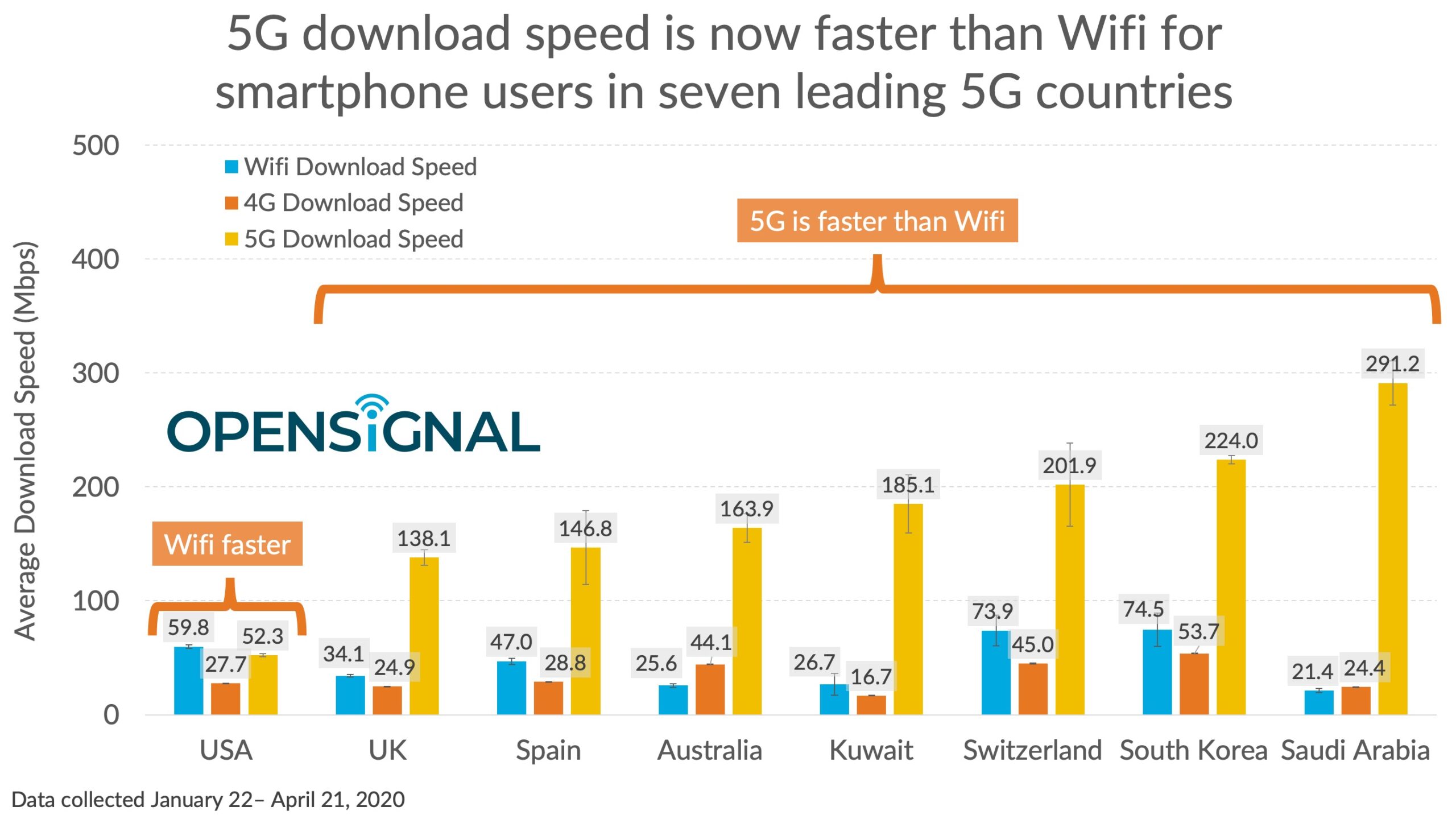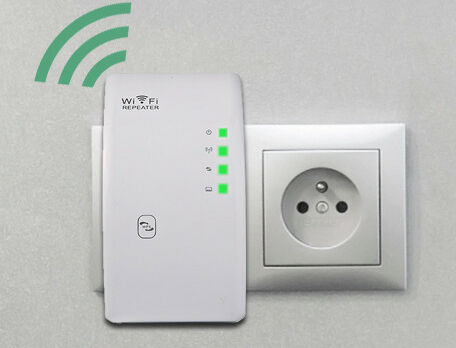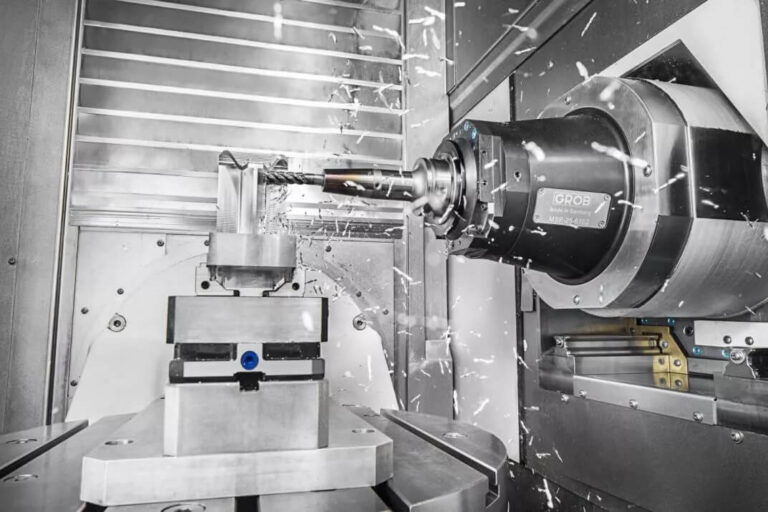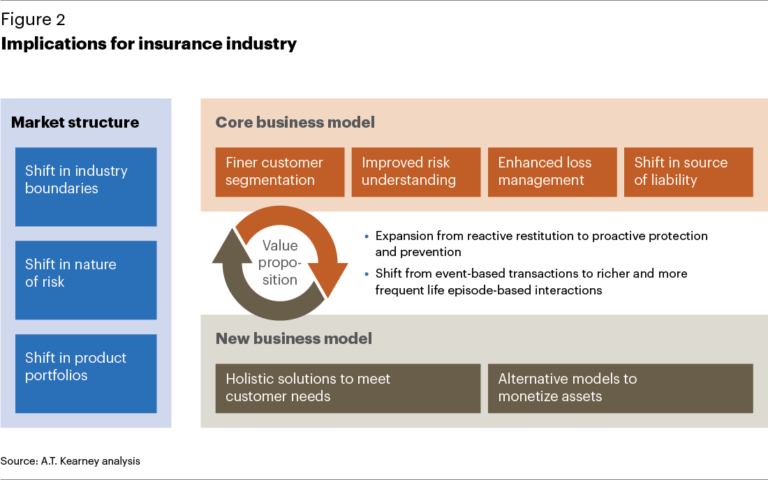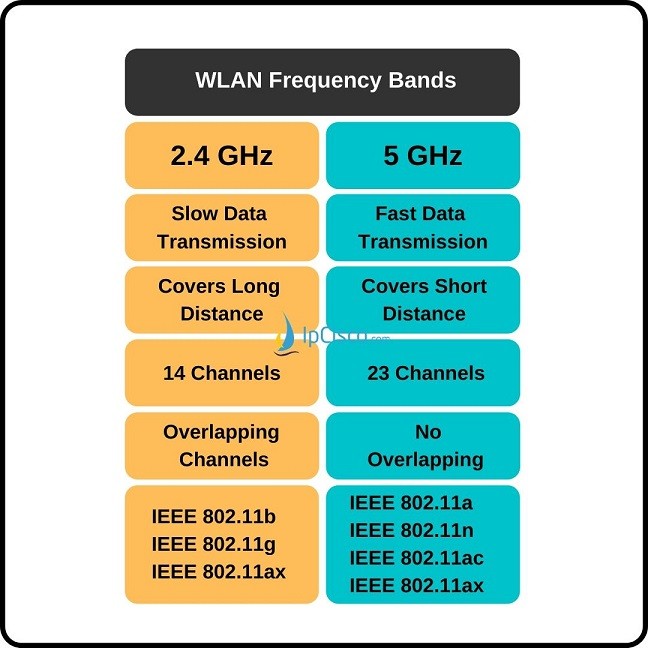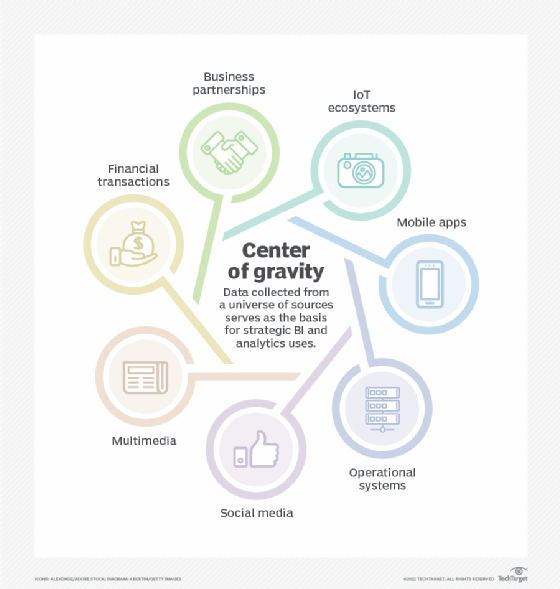Is 5G Faster Than Wi-Fi?
5G is the 5th generation of wireless technology and it promises to revolutionize the way we use the internet, offering faster speeds, improved reliability, and wider coverage than existing Wi-Fi networks. While Wi-Fi networks are limited by the number of users and distance from the router, 5G networks are designed to provide a much faster connection and wider coverage. 5G networks are expected to offer speeds up to 10 times faster than current Wi-Fi networks and can be accessed from much farther distances. With 5G, users can expect to experience faster download and upload speeds as well as improved latency when streaming videos or playing online games. 5G is also expected to offer improved network reliability, making it a more viable option for businesses that rely on reliable connections for their day-to-day operations.
What is 5G?
5G is the fifth generation of wireless technology, the successor to the 4G Long Term Evolution (LTE) network. 5G networks promise faster speeds, lower latency, and increased capacity over 4G LTE networks, making it ideal for applications such as streaming high-definition video, gaming, and virtual reality. 5G is also expected to bring advances in fields such as artificial intelligence, autonomous driving, and the Internet of Things (IoT). It is being developed in two stages: Non-Standalone (NSA) and Standalone (SA). NSA requires a connection to a 4G LTE network, while SA is designed for a full 5G connection. 5G networks are expected to provide download speeds of up to 10 gigabits per second (Gbps) and upload speeds of up to 1 Gbps, up to 100 times faster than current 4G networks. 5G is also expected to bring lower latency, a measure of how quickly a network responds to requests, with response times as low as 1 millisecond.
This article will provide an in-depth analysis of the differences between 5G and Wi-Fi networks, including speed, latency, and capacity. It will also explore the potential benefits of 5G networks and how they can be used in different industries. Finally, it will discuss the challenges of implementing and deploying 5G networks and the potential of 5G networks to revolutionize our lives.
What is Wi-Fi?
Wi-Fi is a form of wireless communication that enables users to access the internet using radio waves. It is the most common form of wireless technology today, available in homes, offices, and public spaces. Wi-Fi operates on 2.4GHz and 5GHz frequencies, and is able to transfer data at speeds of up to 1.3 Gbps. Wi-Fi is a convenient and cost-effective way to connect to the internet, and is widely used in homes, businesses, and public spaces. However, with the advent of 5G technology, many people are wondering if this new technology is faster than Wi-Fi.
What are the differences between 5G and Wi-Fi?
5G and Wi-Fi are two of the most popular wireless technologies used today. But what are the differences between the two? While both technologies deliver internet access to connected devices, there are some distinct differences.
5G technology is the fifth generation of cellular network technology and is much faster than Wi-Fi. It has the potential to provide download speeds of up to 10Gbps, while the maximum speed of Wi-Fi is just 7Gbps. 5G also offers a more reliable connection as it has a lower latency time, meaning data can be transmitted faster. This makes it ideal for applications such as streaming videos and gaming as well as for businesses that require high-speed data transmission.
In addition to speed, 5G offers much higher bandwidth than Wi-Fi, allowing for more data to be transmitted at once. This makes it better suited for applications that require a large amount of data, such as virtual reality and augmented reality. 5G also has the potential to support more devices at once, allowing for more people to access the internet simultaneously.
When it comes to the differences between 5G and Wi-Fi, the main one is speed. 5G is much faster than Wi-Fi, allowing for greater bandwidth and more reliable connections. It also offers the potential to support more devices at once and is ideal for applications that require a large amount of data. Ultimately, 5G is the superior technology when it comes to speed and reliability, making it the preferred choice for many applications.
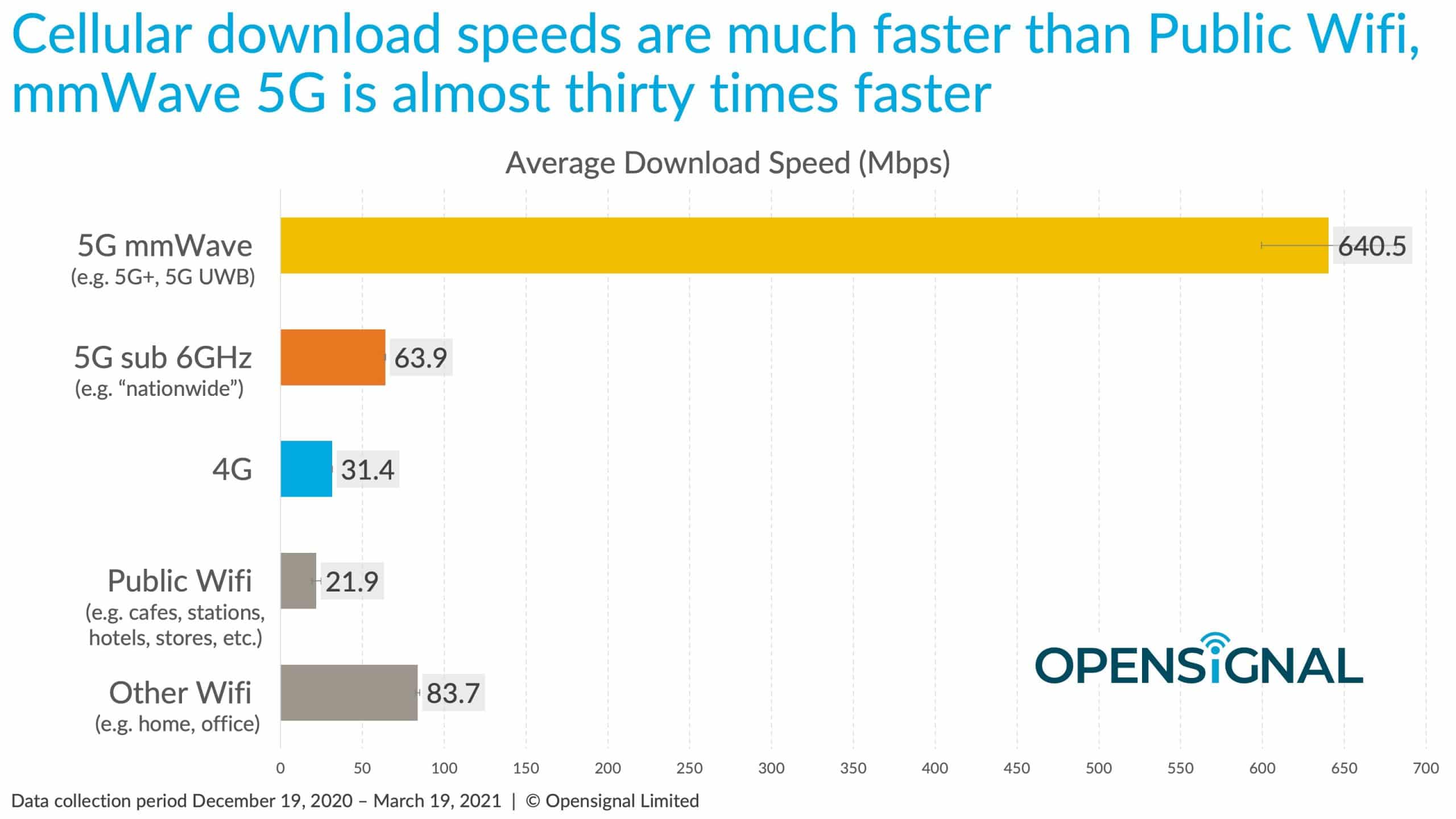
How does 5G compare to Wi-Fi in terms of speed?
As mobile technology advances, the introduction of 5G has sparked debate about its advantages over traditional Wi-Fi networks. While both technologies offer high-speed internet connections, 5G is significantly faster than Wi-Fi, providing download speeds of up to 6 Gbps compared to Wi-Fi’s download speeds of up to 1 Gbps. 5G also has much lower latency, meaning that downloading, uploading, and streaming are virtually instantaneous. Additionally, 5G has wider coverage than Wi-Fi, with a much larger range and the ability to connect to more devices at once.
Despite these advantages, 5G technology still has some drawbacks. It is more expensive to install and maintain than Wi-Fi, and the range of 5G is limited by the number of cell towers in the area. Additionally, 5G networks can be prone to interference from other devices in the area, and the signal can be weakened by walls and other obstacles.
Ultimately, 5G is faster than Wi-Fi and is a good choice for businesses that need to transfer large amounts of data quickly and efficiently. For individuals, it may be worth considering 5G if there is no reliable Wi-Fi connection available. However, the cost of 5G technology could be prohibitive for some, so Wi-Fi remains the most cost-effective option for most people.
What are the benefits of using 5G over Wi-Fi?
The introduction of 5G wireless technology has changed the way we use the internet. With 5G, users can enjoy faster speeds and improved performance, making it a popular choice for those looking to streamline their online activities. But how does it compare to Wi-Fi? Is 5G really faster than Wi-Fi?
To answer this question, we need to look at how 5G and Wi-Fi compare in terms of speed, coverage, and reliability. 5G networks promise speeds of up to 100 Mbps, while the fastest Wi-Fi networks can reach speeds of up to 10 Gbps. So, 5G is theoretically much faster than Wi-Fi. However, the speeds of 5G networks can vary from location to location, and the actual speeds you experience may be lower than the advertised speeds.
The coverage of 5G networks is also better than Wi-Fi networks. 5G networks have a much wider coverage area than Wi-Fi networks, making them ideal for activities that require a lot of back-and-forth communication, such as online gaming or streaming.
Finally, 5G networks are much more reliable than Wi-Fi networks. 5G networks are designed to be more resilient to interference, making them more reliable than Wi-Fi networks in areas with a lot of traffic or interference.
In conclusion, 5G does offer some advantages over Wi-Fi, including faster speeds, wider coverage, and increased reliability. However, it is important to take into account your own needs and usage habits before making a decision.
What are the limitations of using 5G?
With the advent of 5G, the world of wireless internet has been revolutionized. While 5G technology offers faster speeds and more reliable connections than ever before, there are still some limitations to consider when using it. First of all, 5G is not available in all locations. It is still a relatively new technology, and not all service providers have it available yet. Additionally, 5G networks can be prone to interference from nearby cellular towers or other wireless devices. This can lead to slower speeds and a less reliable connection. Finally, 5G networks are more expensive than traditional Wi-Fi networks, and not everyone may be able to afford the cost.
Despite these drawbacks, the speed and reliability of 5G networks make them a great option for those who need a fast and reliable connection. In many cases, 5G offers a better user experience than Wi-Fi, and it can be used for a variety of applications, such as gaming and streaming. For those who need a fast connection, 5G is the way to go.
FAQs About the Is 5G Faster Than Wi-Fi?
1. How much faster is 5G compared to Wi-Fi?
Answer: 5G has the potential to be up to 10 times faster than current Wi-Fi networks, depending on the environment.
2. Are there any disadvantages to using 5G instead of Wi-Fi?
Answer: One potential downside to 5G is that it typically has a shorter range than Wi-Fi, meaning that your connection may be limited to certain areas. Additionally, 5G is more expensive than Wi-Fi.
3. Is 5G available everywhere?
Answer: 5G is still in the early stages of rollout, so it is not yet available everywhere. However, more and more areas are receiving 5G coverage as time goes on.
Conclusion
In conclusion, 5G technology is significantly faster than Wi-Fi in terms of speed, latency, and bandwidth. It is also more reliable and secure than traditional Wi-Fi networks. However, the availability of 5G networks is still limited and the cost of these services can be quite expensive. As 5G networks become more widely available and the technology matures, its advantages over Wi-Fi will become increasingly apparent.
